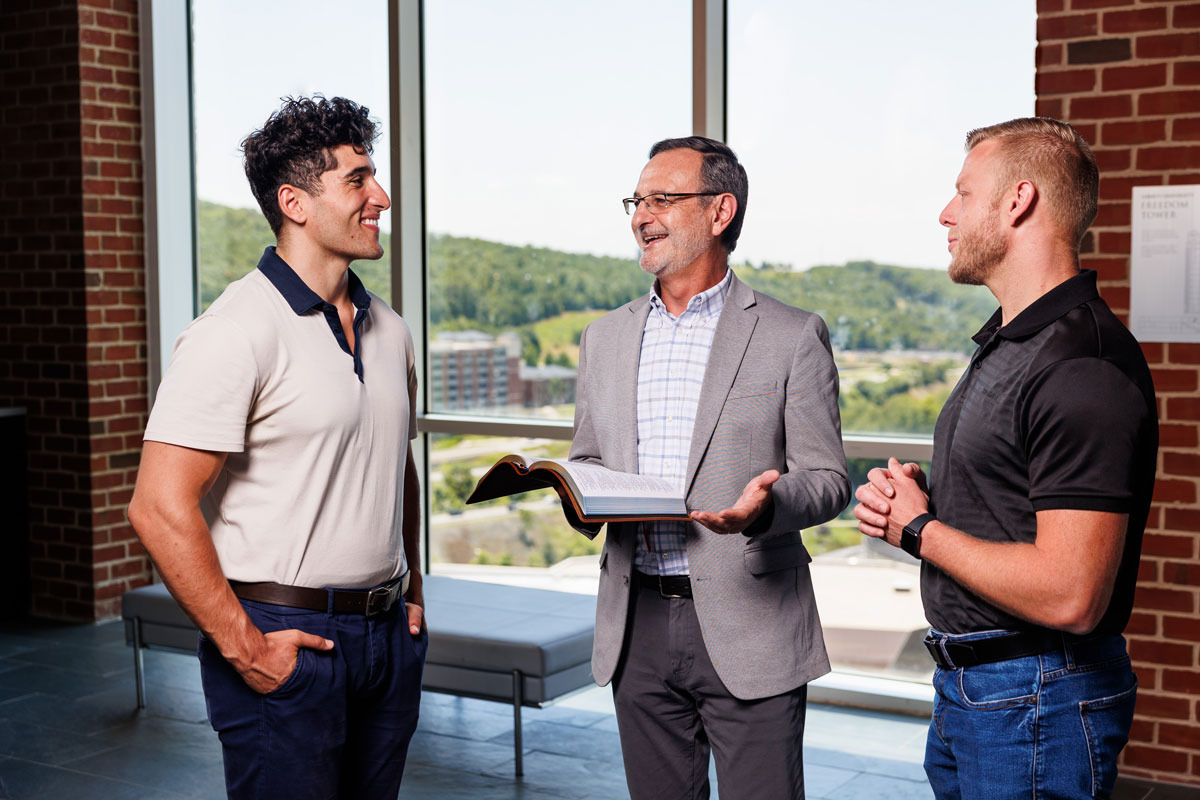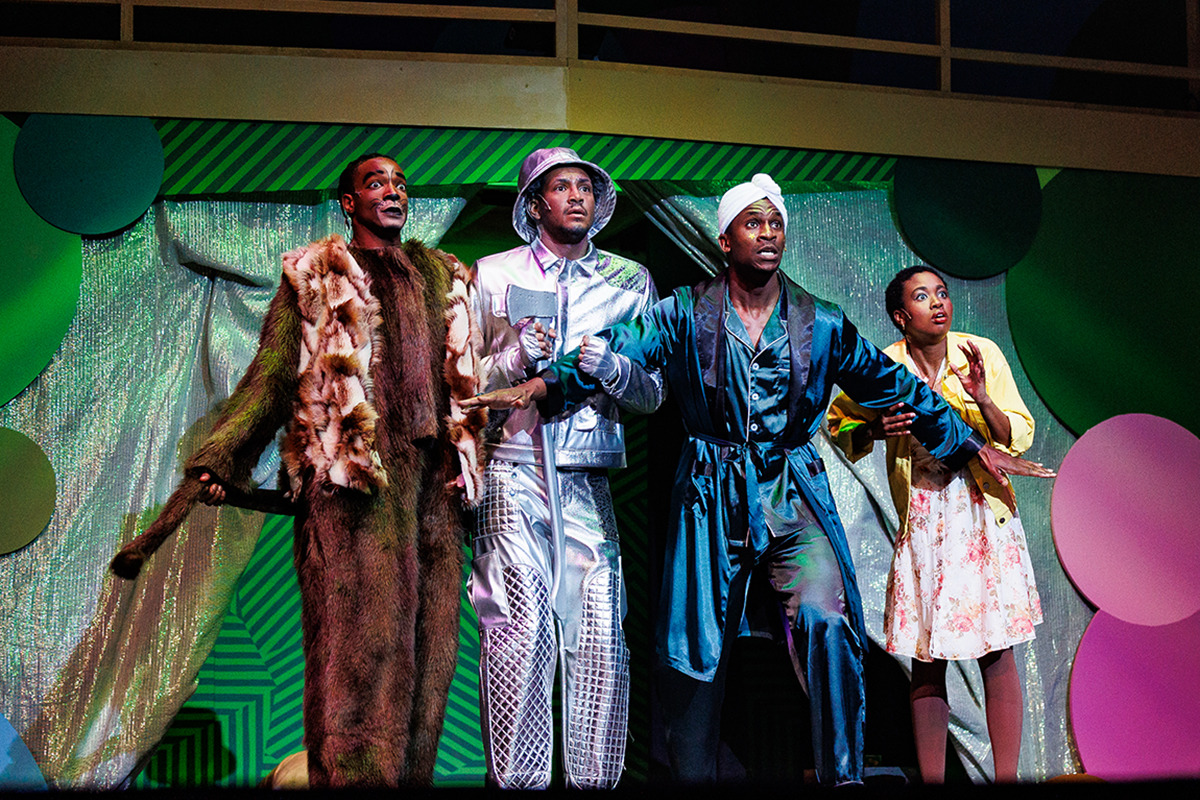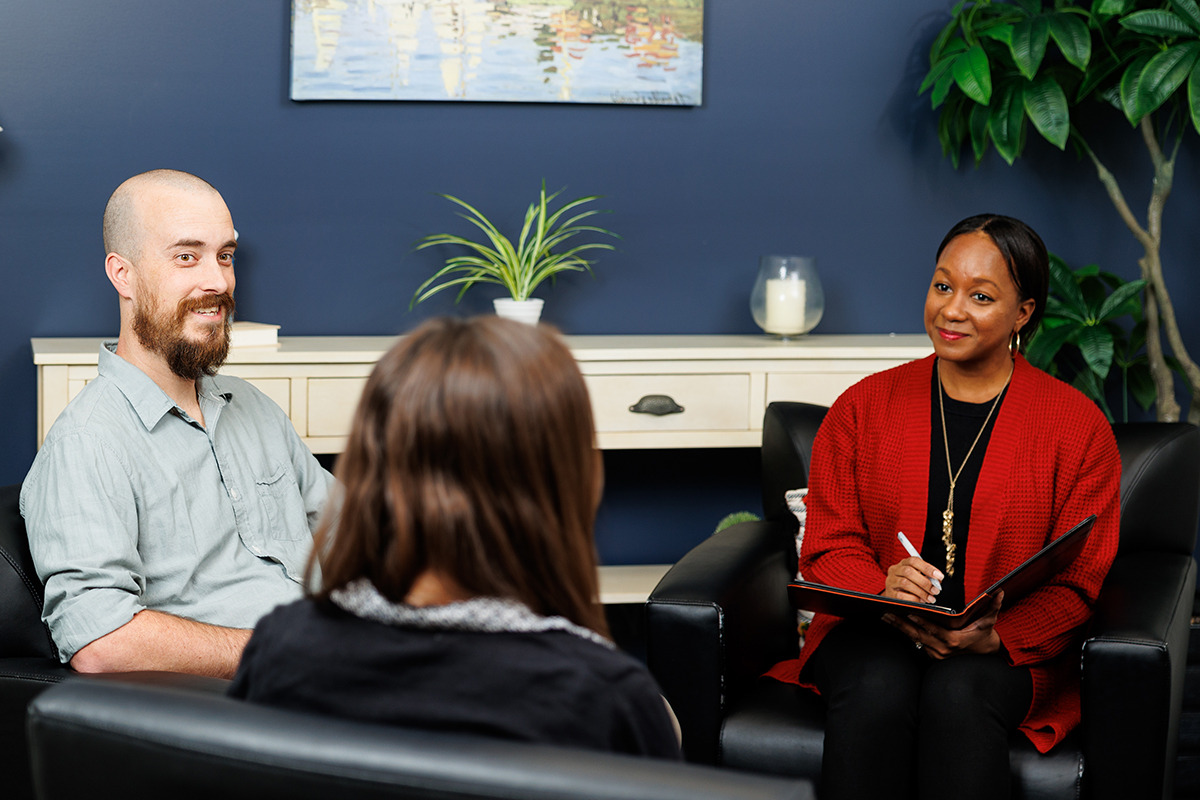Search News Archives
Filter News Articles
Additional Navigation
New director of public history initiatives will lead research, restoration efforts at Liberty-owned historical sites
July 10, 2020 : By Ryan Klinker - Office of Communications & Public Engagement
In the five years since Liberty University purchased Mead’s Tavern, believed to be the oldest standing structure in Central Virginia, the efforts of the Department of History, spearheaded by former assistant professor Donna Donald, have resulted in the discovery of artifacts that help to tell the story of the region’s far-reaching past.
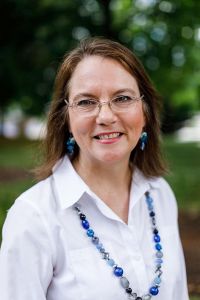
With her newly announced position as director of public history initiatives, Donald plans to continue Liberty’s role in making the area’s rich history more accessible. While she will still teach public history courses, Donald will focus her work on the archaeology and restoration of Mead’s Tavern, which dates back to 1763 and originally served as an ordinary that provided meals and a night’s stay to travelers. She will also focus on research at the site of the former Bedford Alum Springs Hotel, another New London property about 100 yards from the tavern, which Liberty purchased in 2018. The estate served as a large health resort in the late 19th century, when people believed the spring water had special healing powers. But the town’s primary historical significance is that a Continental Army arsenal was located there, one of only five during the Revolutionary War.
Donald will also direct the work at Liberty’s National Civil War Chaplains Museum, located on campus.
“Until now, the public history classes have only been a part of my full-time teaching schedule,” Donald said. “Now, I’ll be able to devote much more time to developing research projects and opening opportunities for student research and volunteering at local history sites in the area.”
The public history courses help students learn how to take an active role in maintaining historical sites and sharing the past with others.
“Public history refers to the ways that history is made available to the public, such as museums, historic preservation, archives, and archeology,” Donald said. “All of our public history classes have a strong hands-on emphasis, and students get outside the classroom rather than just reading and hearing a lecture.”
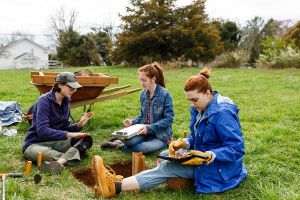
Students have participated in archaeological excavations at both New London sites, with discoveries ranging from 18th century coins, a uniform button from Wayne’s Legion (the first United States army organized by George Washington), homemade gaming pieces fashioned from broken ceramic plates, smoking pipes, decorated stemware, and musket balls and a musket ball mold. (Follow the progress of these excavations on the Public History at Liberty University Facebook page).
The history department has partnered with archaeologists from Hurt & Proffitt (H&P), an engineering and survey company, so students can work alongside professionals as they sift through the earth, clean and archive their artifacts, and eventually restore the tavern and open it for tours and events.
Public history students have also helped expand New London’s digital archives and resources, helping to build its Wikipedia page and adding New London properties to Clio, a mobile app for history sites.
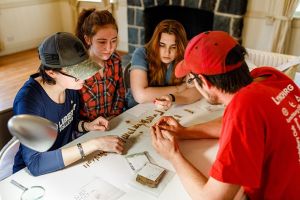
New London predates the American Revolution and was originally established as the western-most center on a major trade route. Located near where two main roads intersected, the town served as the last stop for settlers headed west to the Frontier. It became a prosperous town when the only mode of transporting goods was by stagecoach. It was officially chartered in 1754 and many thought the town would grow to become the “new London” in America. It was said to have been visited by some of early America’s most notable figures, including Thomas Jefferson and Patrick Henry.
In her work, Donald will continue Liberty’s partnership with the nonprofit Friends of New London, Virginia Inc., a local historical society, to restore properties in the former colonial town.
“One of the things that has been the most frustrating is that there is so much research that could be done on New London, but I just haven’t had the time to invest in that before now,” Donald said. “We’re currently working on publishing information, pooling the resources so the material is more accessible, and continuing to work with Friends of New London.”
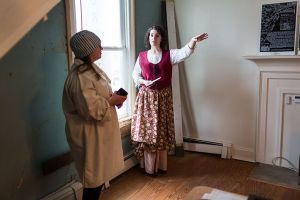
The work of these public history projects is ongoing throughout the year, but each fall, students participate in New London Day, where the sites and discoveries are on full display. Students in an Introduction to Public History course take responsibility for developing tours, signs, and visitor services for the day, and Donald also recruits additional student volunteers to help during the event.
“Some of the volunteers are in period clothing, we have artifacts from the archaeology projects in an exhibit, and last year we had live archaeology happening, which we’ll likely do again,” Donald said.
This year’s New London Day is scheduled for Oct. 17 from 10 a.m. to 3 p.m. with free admission.
The National Civil War Chaplains Museum, which Donald will direct, was founded on Liberty’s campus in 2005 and opened the doors of its current location near the Hancock Welcome Center in 2010. It is the only museum in the nation that is solely dedicated to honoring the approximately 3,700 chaplains, priests, and rabbis who served during the Civil War. The museum has preserved religious artifacts from the war and presents programs that show the influence of religion on the lives of political and military personnel on both sides of the conflict.
